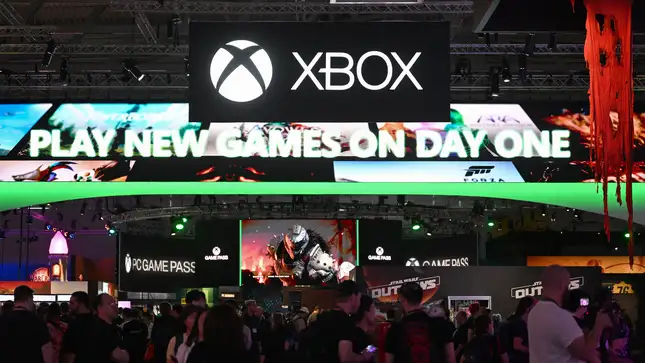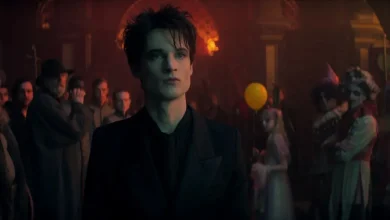Gaming’s Bleak Winter: Microsoft’s Layoffs Reveal a Decades-Long Problem

Microsoft has once again sent shockwaves through the video game industry with another massive round of layoffs across its gaming division. As part of wider corporate cuts affecting 9,000 employees, this fourth wave of firings has claimed high-profile projects, shuttered an entire studio, and left thousands of talented developers without a job.
The headlines are dominated by the cancellation of two long-awaited, ambitious games: Rare’s Everwild and a reboot of Perfect Dark, a project that took its entire studio, The Initiative, down with it. The cuts run deep, hitting Blizzard, Call of Duty developer Raven Software, Forza studio Turn 10, and even independent developers like Romero Games, whose new Microsoft-funded shooter has been axed.
On the surface, there’s a grim, almost predictable logic to the cuts. After a five-year acquisition spree that culminated in the colossal $68.7 billion purchase of Activision Blizzard, a “post-binge purge” was perhaps inevitable. But to see this as simple corporate synergy is to miss the darker, more troubling story that has defined Microsoft’s relationship with game development for over two decades.
The Sad, Familiar Story of Mismanagement
While a massive consolidation was always going to lead to aftershocks, the real story here is Microsoft’s long and troubled history of mismanaging the creative studios it acquires. The cancellations of Everwild and Perfect Dark are not just business decisions; they are textbook examples of a repeating pattern. Both were announced with great fanfare years ago, only to languish in a state of “development hell,” plagued by reboots and a lack of clear direction.
This isn’t a new problem. This is the Microsoft playbook:
-
Lionhead Studios: The legendary British developer, creator of Fable, was acquired in 2006. Microsoft forced the studio to chase industry fads like motion controls and live-service games, trends it was ill-suited for, before shuttering it completely in 2016.
-
Rare: Acquired in 2002 for a record-breaking $375 million, the beloved studio behind GoldenEye 007 and Banjo-Kazooie has struggled for years to find its identity within the Xbox family. While Sea of Thieves has kept the studio afloat recently, it has been a long and difficult journey.
-
Bungie (The “Original Sin”): Microsoft’s handling of Bungie is perhaps its most telling failure. After acquiring the studio that almost single-handedly built the Xbox brand with Halo, Microsoft stifled its creativity with a relentless march of sequels. This ultimately drove Bungie to buy its own freedom in 2007. The Halo franchise has never truly recovered, and the subsequent mismanagement of its caretaker studio, 343 Industries, has been arguably even worse.
This pattern stands in stark contrast to competitors like Sony, which, despite its own missteps, seems to have a better grasp on when to give its top studios creative breathing room and when to shut down flailing projects before they cause collateral damage.
An Overcorrection Born from Insecurity
Much of Microsoft’s strategy appears to stem from a place of deep-seated insecurity. After being burned by the departures of studios like Bungie, the company retreated from first-party development under former Xbox boss Don Mattrick. When that strategy led to a weak and unappealing game lineup, his successor, Phil Spencer, began a massive overcorrection, buying studios left, right, and center.
The goal was to build a first-party powerhouse that could compete with Nintendo and Sony. Instead, Microsoft overshot the mark. By acquiring giants like Bethesda and Activision Blizzard, it inherited properties like Call of Duty and The Elder Scrolls—games too big and multiplatform to ever be made exclusive.
Microsoft is no longer just a console maker; it is the biggest third-party publisher the world has ever seen. In this new reality, nurturing ambitious but troubled “vanity projects” like Everwild or Perfect Dark is no longer a priority.
If that were the only reason for these layoffs, it would be a brutal but rational business reality. The darker truth, however, is that Microsoft has consistently proven it lacks the aptitude to run the creative industry it just bought half of. With the beleaguered reboot of Fable serving as the next big test, the question remains: can Microsoft finally learn from its decades of mistakes? If not, this gaming winter may only get colder.





